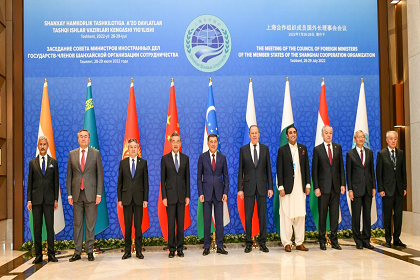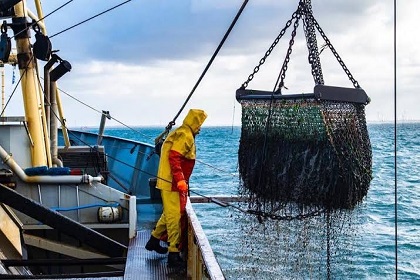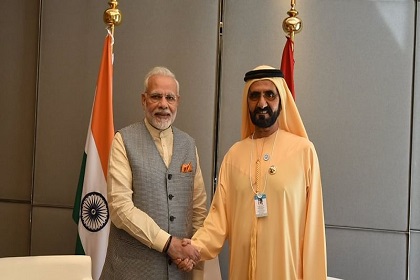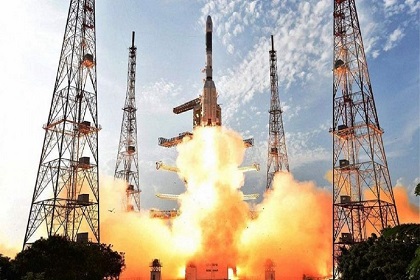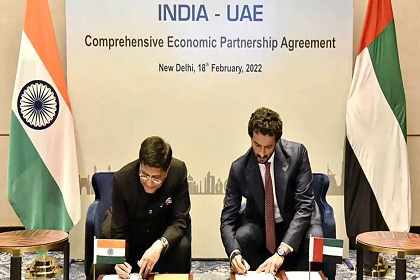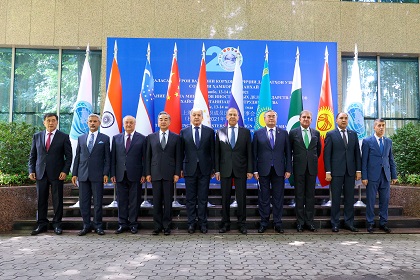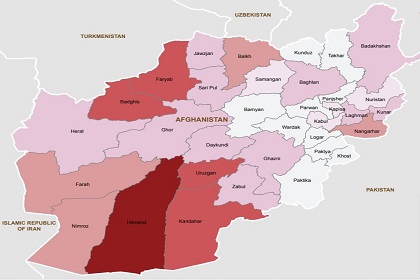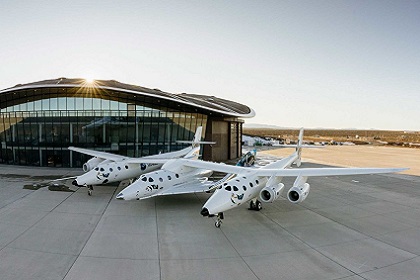A fruitful SCO foreign ministers’ meet
The SCO foreign ministers met in Tashkent in July to plan for the all-important SCO summit in September. New additions and old issues remain, but the SCO is now growing into a significant grouping, with importance to India

